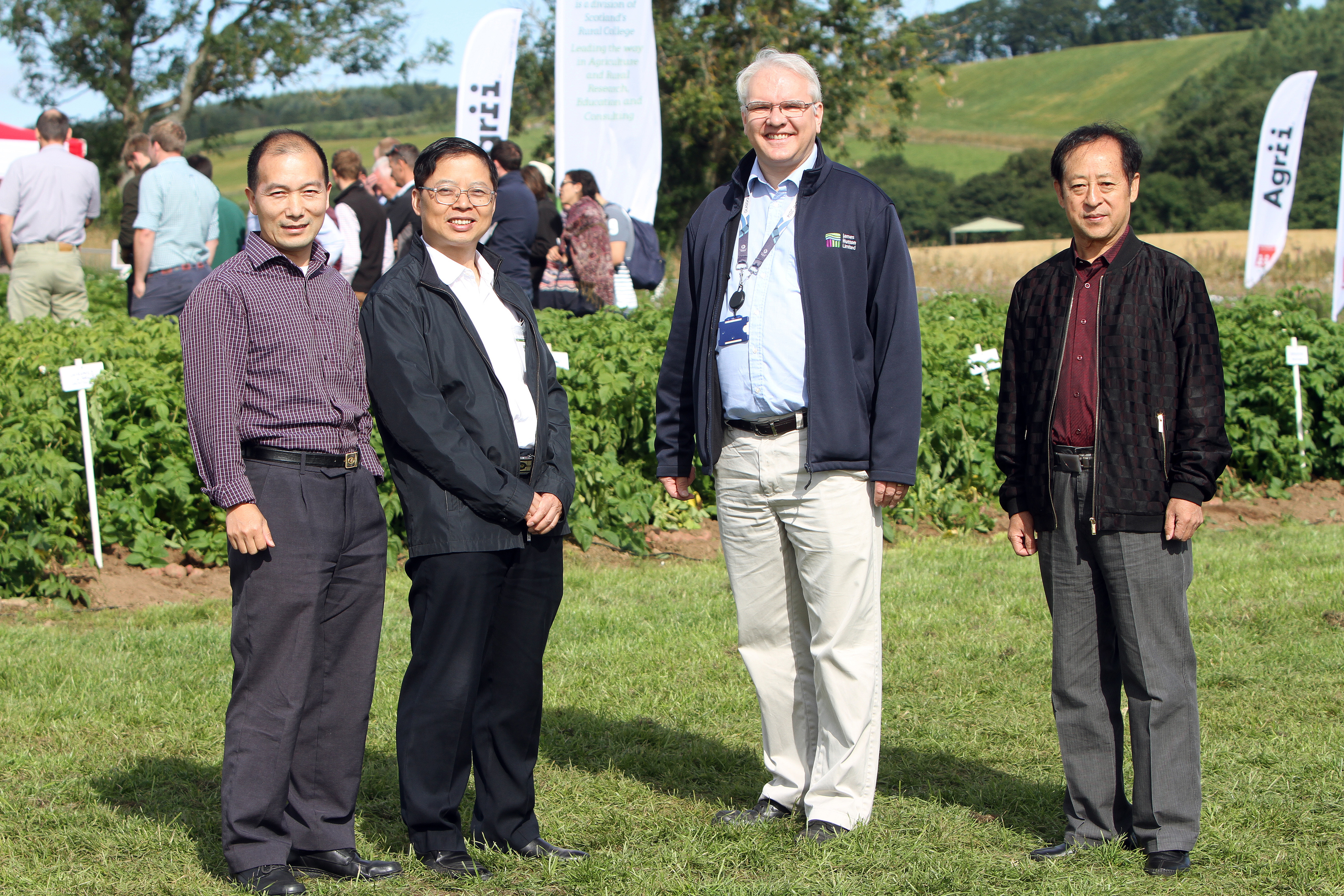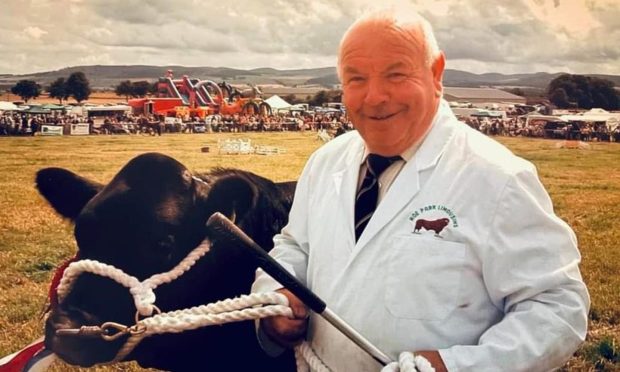The announcement of £3 million towards a new international laboratory for scientists from Dundee and China underlined Scotland’s global reputation for potato research at the Potatoes in Practice event.
The Chinese Government and leading potato processing company, Xisen Potato Group have committed the funds to a collaboration with James Hutton Limited (JHL) to breed new varieties and research resistance to pests and diseases, tuber storage and potato processing.
The shared facility is likely to be located in China’s Shandong province, and a top-level delegation from Xisen attended the Potatoes in Practice (PiP) event at Balruddery farm on the outskirts of Dundee.
Professor Ian Toth said James Hutton Institute scientists would work together with Chinese researchers and share ideas between Scotland and China.
“We’re still talking about how we will do it, but there’s £3 million of Chinese money to get the lab up and running and we have high hopes that it will cement the relationship between us and move it forward in the future,” he said.
Xisen has the capability to produce 400 million mini tubers per annum, enough to supply a quarter of China’s total needs.
The company’s head of management, Dr Hu, attended PiP for the second time and said potatoes were now the fourth most important crop in China after rice, wheat and corn.
He added: “We are a commercial, market-focused company and we have a long-term collaboration with JHI already. We’re not just looking for bigger and bigger potatoes, we are looking for new varieties with high dry matter for processing but which also look nice.”
A delegation from India also attended PiP, looking for collaboration on improving the quality of the country’s potatoes. Dr Anand Kumar Singh of the Indian Council of Agricultural Research in New Delhi said production in India was expected to grow from 45 million tonnes to 60 million tonnes very soon.
“Production isn’t a challenge, but quality is,” he said.
“We have two million farmers cultivating potatoes but they are not educated in technologies. We are self-sufficient in seed production but we need collaboration in research and human resource training.”
nnicolson@thecourier.co.uk










